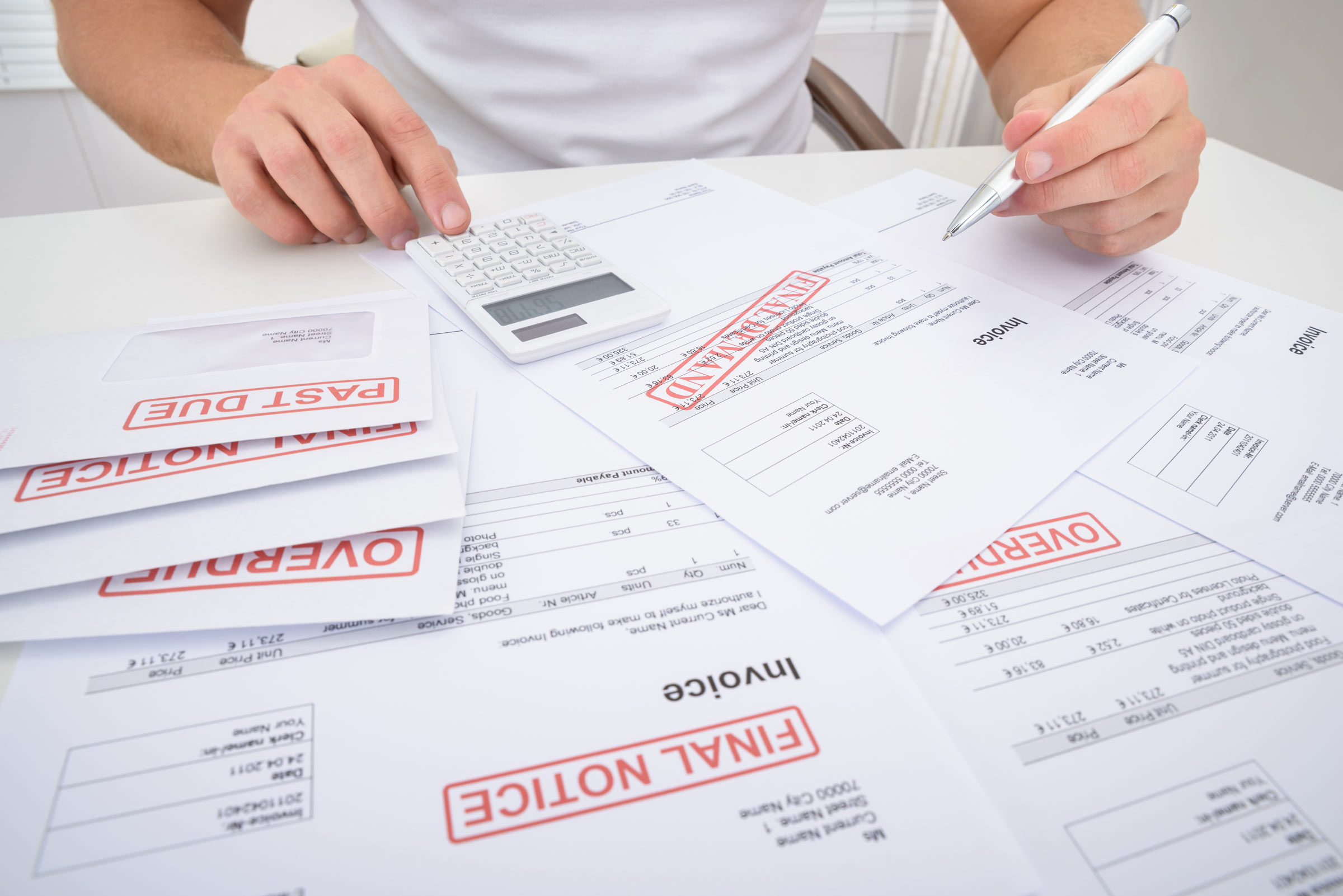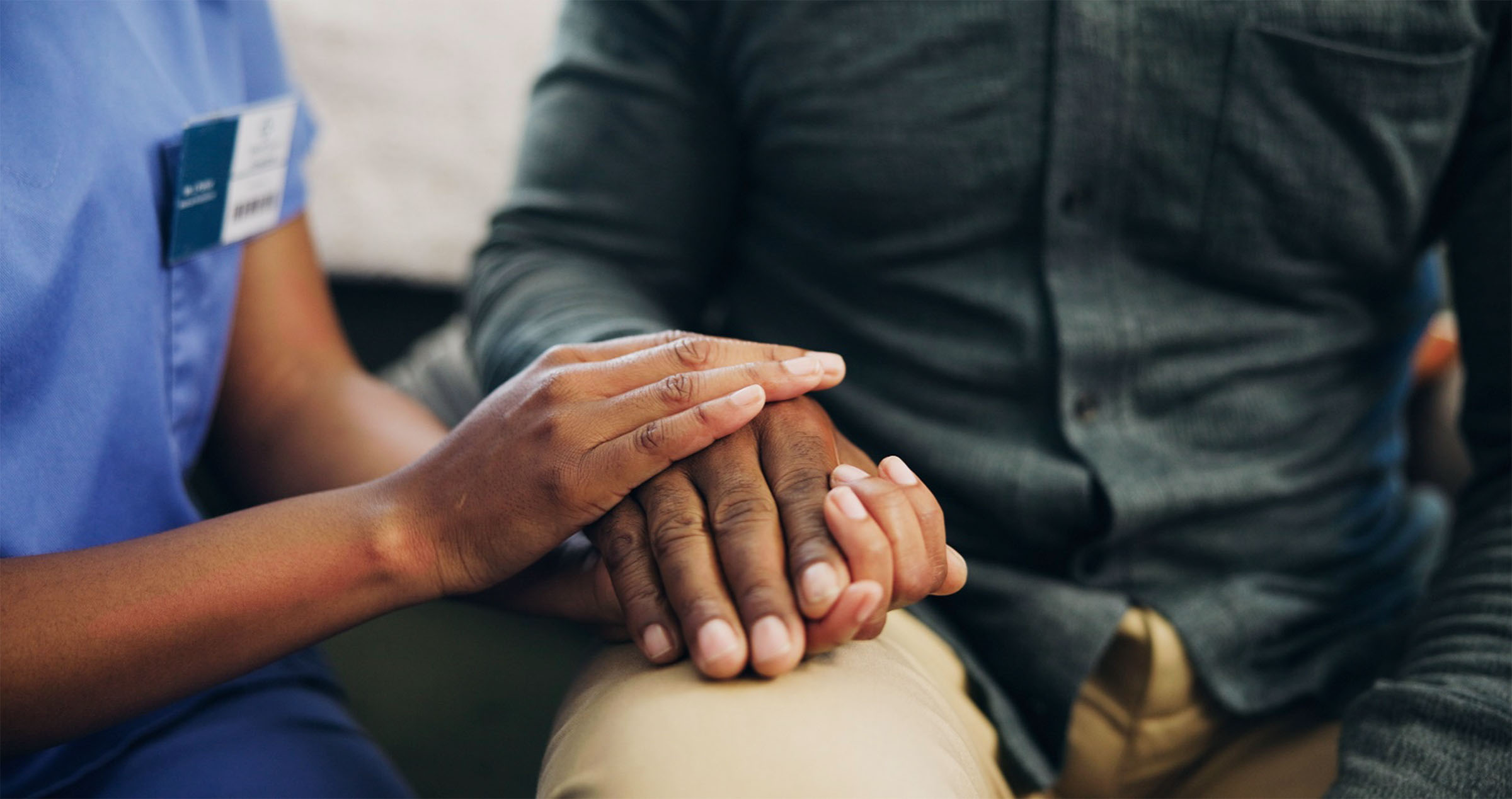Subscribe
When you’re in debt and facing bankruptcy, understanding how to negotiate with creditors can hold the key to a better outcome
Facing bankruptcy can mean you’ve reached a tough place in your life. If you have creditors making payment demands, you may feel stressed about how to pay. You may also worry about getting drawn into a legal process. However, understanding the fundamentals of bankruptcy can help you work out what options are best for you and also give you some useful information about negotiating with creditors in bankruptcy proceedings.
What is bankruptcy?
Bankruptcy is a legal declaration that you can’t pay your debts. There are two types of bankruptcy:
1. Voluntary bankruptcy
You can apply and follow a legal process to become voluntarily bankrupt.
2. Involuntary bankruptcy
Your creditor (or creditors) can ask a court to declare you bankrupt. Involuntary bankruptcy applies to debts of $10,000 or more.
Before we get into the details, let’s define a few terms:
- A creditor is a person or organisation the debtor owes money to.
- A debtor is the person or organisation who owes the money.
So if you’re facing bankruptcy, you’re a debtor.
How does bankruptcy work?
Becoming bankrupt may release you from unsecured debts such as credit cards, utility bills and rent. It means you no longer need to repay them. For secured debts such as mortgages, car loans and rent-to-buy (such as furniture or electronics), the creditor can take possession of the property if you’re declared bankrupt.
So, sometimes bankruptcy is a way to reset your finances if you’re in trouble. However, it’s not an easy solution because the impact of bankruptcy is often severe and permanent. It means bankruptcy should only be a last resort. If a creditor is threatening to make you bankrupt, you should seriously consider trying to negotiate an informal arrangement (see below).
The bankruptcy period lasts for three years and one day. During this time, a trustee will manage your bankruptcy. The trustee is court-appointed and has special powers to manage your affairs.
The trustee will take control of your money and assets. Your trustee can:
- Deal with your creditors
- Sell some of your assets
- Require you to pay money if you earn enough.
You’ll also need the trustee’s permission to travel overseas or take legal action. During the bankruptcy period, you may be restricted in your choice of job or running a business.
What are the long-term effects of bankruptcy?
Some effects of bankruptcy last long after your bankruptcy period has ended. For example:
- The National Personal Insolvency Index (NPII) will record your personal details permanently. Anyone can search your bankruptcy information, including banks, lenders and potential employers. It may impact your chances of success when applying for a rental property, setting up electricity accounts and other utilities.
- You’ll have to re-establish your credit rating. Until this happens, you may find it challenging to get loans or credit. You’ll be required to tell lenders and credit providers about your bankruptcy if you apply for a loan or credit over a specific amount.
- You can’t hold an Australian company directorship.
- You can’t hold some public positions.
For these reasons, if you’re considering voluntary bankruptcy, you must carefully weigh up whether bankruptcy is right for you. You should also seek financial counselling.
Should I try to negotiate with creditors to avoid bankruptcy proceedings?
If you’re struggling to pay your debts, it’s worth considering whether any alternatives to bankruptcy may suit your situation.
Informal steps
First, consider taking informal steps because they may be the quickest path to resolution, often without legal costs. For example, letting your creditors know you’re struggling to repay. Informal steps may allow you to negotiate:
- New payment terms, for example, smaller instalments over a longer period.
- To settle the debt for a lower sum if you can pay off most of the debt in a lump sum.
- Payment of smaller debts so you can free up money to pay other larger debts.
You should seek the help of a financial counsellor to make sure:
- Any arrangements with creditors are in your best interests, and
- You can meet the new terms.
Formal steps
Before bankruptcy is declared, you can take some steps to try and avoid it. Usually, this is to avoid a creditor commencing bankruptcy proceedings against the debtor. The Bankruptcy Act applies to these steps. However, choosing this path will affect your credit rating, and the NPII will permanently record your personal information. For these reasons, you must consider informal steps first.
The most common formal arrangements are:
- Debt agreement
A debt agreement details how you plan to pay your debts. It may include lump sum, instalments or the sale of an asset, and you can use it for assets under a certain threshold. An independent administrator is appointed to oversee the debt agreement.
- Personal insolvency agreement (PIA)
A PIA may involve a lump sum payment, transfer or sale of assets. It has no minimum asset threshold, and a controlling trustee is appointed to oversee the PIA.
For both arrangements, the agreement will bind unsecured creditors. It means they aren’t allowed to try and recover your debt.
What happens if the issues aren’t resolved?
For a debt of $10,000 or more, a creditor can apply to court to make you bankrupt (involuntary bankruptcy). They can do this by filing a statement of claim in court. If you don’t respond within 28 days, they can ask the court to make a judgment in their favour (a default judgment). Then, they can send you a bankruptcy notice requiring you to pay the debt in 21 days.
If you don’t pay or respond to the notice, the creditor can file a creditor’s petition. The court will hear what you have to say and what the creditor has to say. If it decides you haven’t paid the debt, it can declare you bankrupt and appoint a trustee to manage your affairs. You are legally required to cooperate with your trustee.
Important things to remember about bankruptcy
If you’re facing bankruptcy, some critical steps can help to ease the situation and improve the chances of resolution:
- The sooner you act, the better. If your debt is unmanageable, try to speak with your creditors as soon as you’re aware of the problem.
- Contact a financial counsellor as soon as possible because there may be a waiting list. A counsellor can guide you through reviewing your finances and negotiating with your creditors. In some situations, they may even act on your behalf. Many provide free services. Contact Financial Counselling Victoria for more information.
- If you think voluntary bankruptcy is your best option, talk to a financial counsellor before deciding.
- Always consider taking informal steps before formal steps. Informal steps may resolve the issue more quickly without seeking legal help. Importantly, informal steps can help you avoid a permanent record on NPII, which can negatively affect your life.
- Seek legal advice before entering into a formal arrangement such as a debt agreement or PIA.
- If you receive a legal notice such as a statement of claim or creditor’s petition, don’t ignore it. It’s critically important that you seek legal advice immediately.
- If you don’t owe the money or believe the legal documents are wrong, seek legal advice immediately.
How we can help
There’s no question that personal debt is enormously stressful, and it’s becoming an issue for more and more people. While bankruptcy is an option to reset your finances, it’s also a tough path with permanent consequences.
It’s critical that you get appropriate professional advice and you explore all your options. If a creditor threatens forced bankruptcy, seek our legal help immediately.
Contact us to find out how we can help you manage your creditors in bankruptcy proceedings.
Subscribe




